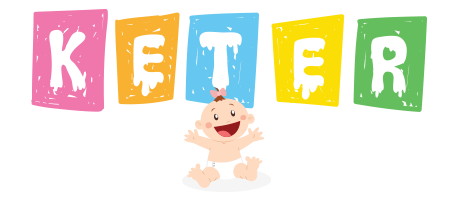
What are the effects of the proposal? It is important. Praise can strengthen good feelings and increase motivation. It can encourage children to be more co - operative, resilient and hardworking. However, some children respond to praise, and even those who enjoy praise can have negative effects. Here's how to make sure that praise helps - and doesn't hurt - our children.
In traditional cultures around the world, parents boasted. They feared that too much praise would upset the ego. You make children too confident. Too full of yourself.
But today things are different. Many people believe that praise is an effective way to reinforce good behavior.
What does science say?
There is no doubt about that. Brain studies suggest that we respond to social approval in a similar way to monetary reward. Praise makes you feel good. And some types of tips can lead to useful results.
For example, experiments suggest that kids can benefit from vague, cheerful messages.
An enthusiastic exclamation (“wow!”) or a supportive gesture (like a high five) can engender good feelings. It may also motivate children to try again after a failure.
Similarly, there’s evidence that process praise can be motivating
“Process praise” is praise that recognizes a child’s choices or hard work, e.g.,
- “Well done!”
- “I like the way you tried to sound that word out, instead of just giving up.”
- “I can tell you’ve been practicing!”
When done properly, this type of praise can motivate children to work on challenging tasks.
Procedural suggestion can support the most essential approach to success: the belief that we can improve our efforts. As mentioned elsewhere, experiments show that it is the best thing we learn when we accept this belief.
There are also hints that praise for prosocial behavior can help young children develop good “people skills.”
For instance, consider what happens when you encourage and praise a baby for being helpful.
- “Look! Maria dropped something. She can’t reach it. Do you want to help her?”
- “Thank you! You’re such a good helper!”
In the experiment on children aged 13-18 to 18 months, more frequent children who received this type of feedback continued to help. When given the opportunity, they helped twice as often as children who did not receive any such guidance.
There is also evidence that older children - preschoolers - develop better social skills when they are praised for their good behavior.
But it’s not all good. Praise can also have negative effects.
Studies suggest that certain types of praise can impair your child's motivation.
Depending on the circumstances, the sign may damage the child's self-confidence or stimulate the development of drugs.
And obviously some kids don't like praise. They hate attention or are ashamed. They could find this proposal indecent or offensive.
So how do we avoid the bad stuff, and make sure we’re using praise wisely?
Here are some evidence-based guidelines
1.Remember that children always need support and encouragement, not just when they have accomplished something commendable.
Praise can be helpful, but it is not the only way that parents can express their consent, acceptance, encouragement, love.
Children need to know that they have this support, especially when they feel lost, angry or crushed.
Even if your family manages to use praise, think of the big picture: warmth and overall support for family relationships. And finding ways to motivate children when they fail, not just when they succeed.
In my article, "Behavior Correction: Magic Words to Help Kids Cope With Mistakes," my article outlines an approach (and is easy to learn).
2. Watch out for insincere praise — it can trigger bad feelings.
Children may think that we feel sorry for them or that we want to be manipulated. An inappropriate proposal may also send a message that we do not really understand our children.
Do very young children have these problems? Maybe not. But as children grow up to analyze our beliefs and reasons, they may be sensitive to the effects of a wonderful design. In many children, this change occurs around the age of 4 or 5.
3. Be careful, too, about using extreme praise.
You’re perfect! You’re incredibly good at this!
Even if children think we are being honest, this type of overly soft and inflated praise can lead to problems. It sets a high insane standard. How can a child be expected to support him?
Again, younger children may not feel the problem. They don’t have an overview of how to worry about their future performance.
But as children mature, things change. They do not want to lose our respect and approval. So when faced with a new challenge, they return. They do not want to risk bankruptcy. They don’t want to look bad.
